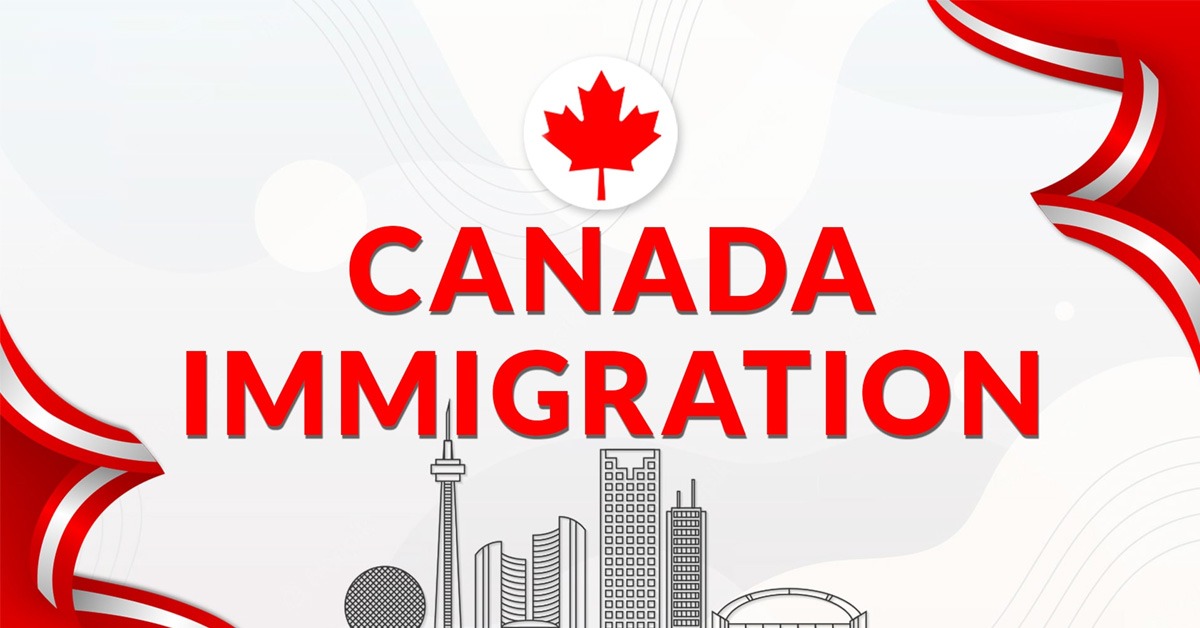
Canada, a popular destination for international students, has recently implemented changes to its immigration policies, particularly in the study permit and post-graduate work permit (PGWP) requirements. These changes aim to manage the influx of international students, improve the quality of education, and ensure that qualifying students process the necessary qualifications for permanent residency in Canada immigration.
One notable change in 2024 is the adjustment of processing fees for various immigration programs. From skilled worker visas to family sponsorships and study permits, applicants will encounter revised fee schedules tailored to each program’s requirements. These adjustments reflect the government’s commitment to balancing accessibility with the need to cover administrative costs.
Temporary Federal Cap on Study Permits
The new changes to Canada’s immigration fees in 2024 include a temporary federal cap on study permits, reducing approved permits by 35% to around 360,000. This cap aims to manage population growth and ensure fairness in the system, with the cap for 2025 to be determined by year-end 2024. The changes also focus on improving the quality of education and managing the influx of international students
Changes to Post-Graduation Work Permit (PGWP) Eligibility
Effective September 1, 2024, international students enrolling in private colleges with licensed curricula will not qualify for PGWPs. This change aims to ensure that qualifying international students possess the necessary qualifications to encourage academic institutions to enhance the quality of education they provide.
Extended PGWPs for Master’s Graduates
Graduates of master’s programs in Canada can now benefit from a prolonged post-graduation work opportunity. This change allows master’s graduates to accumulate the necessary Canadian work experience essential for applying for PR programes like the Canadian Experience Class (CEC), Federal Skilled Worker (FSW), and Provincial Nominee Programes (PNPs).
Revised Cost-of-Living Standards
Effective January 1, 2024, international students must show a minimum of CAD 20,635 (previously CAD 10,000) to cover living expenses. This adjustment ensures that international students have ample funds to cover necessities during their stay.
Eligibility Changes for Spousal Open Work Permit
Open work permits for spouses are now limited to those of international students enrolled in masters, doctoral, and professional programs. This change incentivizes academic institutions in Canada to elevate the quality of education provided to students.
Increased Cost of Living Requirement
Starting January 1, 2024, international students must meet an increased cost of living requirement of CAD 20,635 (previously CAD 10,000), excluding tuition fees. This change aims to present a more accurate reflection of students’ living expenses and support international students in focusing more on their studies.
Provincial Attestation Letter (PAL)
The Immigration Refugees and Citizenship Canada (IRCC) has made the provincial attestation letter compulsory along with all applications for study permits. This requirement is in place to ensure that international students have the necessary resources for an enriching academic experience in Canada. These changes to Canada’s immigration policies aim to ensure that international students have access to the resources they need for an enriching academic experience while maintaining the integrity of Canada’s immigration system. By striking the right balance, Canada continues to be a welcoming destination for international students seeking quality education and opportunities for permanent residency, as highlighted by Immigration Experts Pakistan.